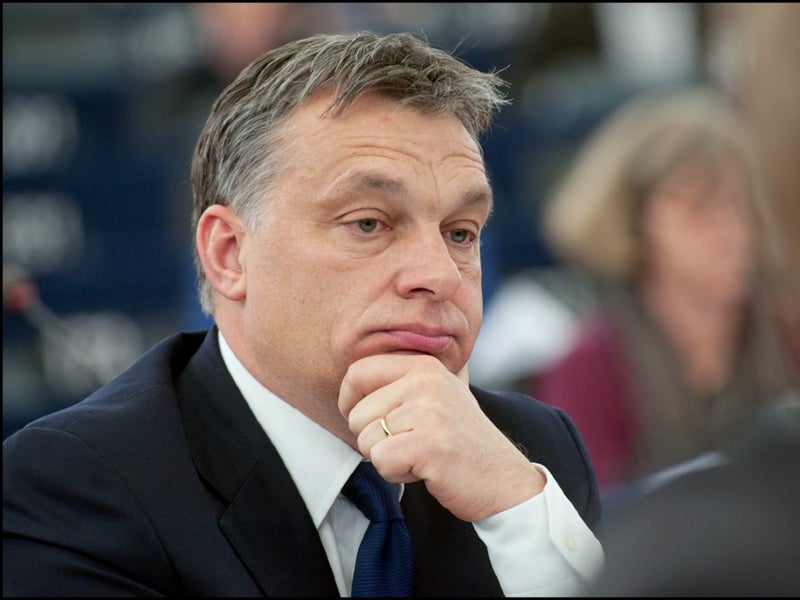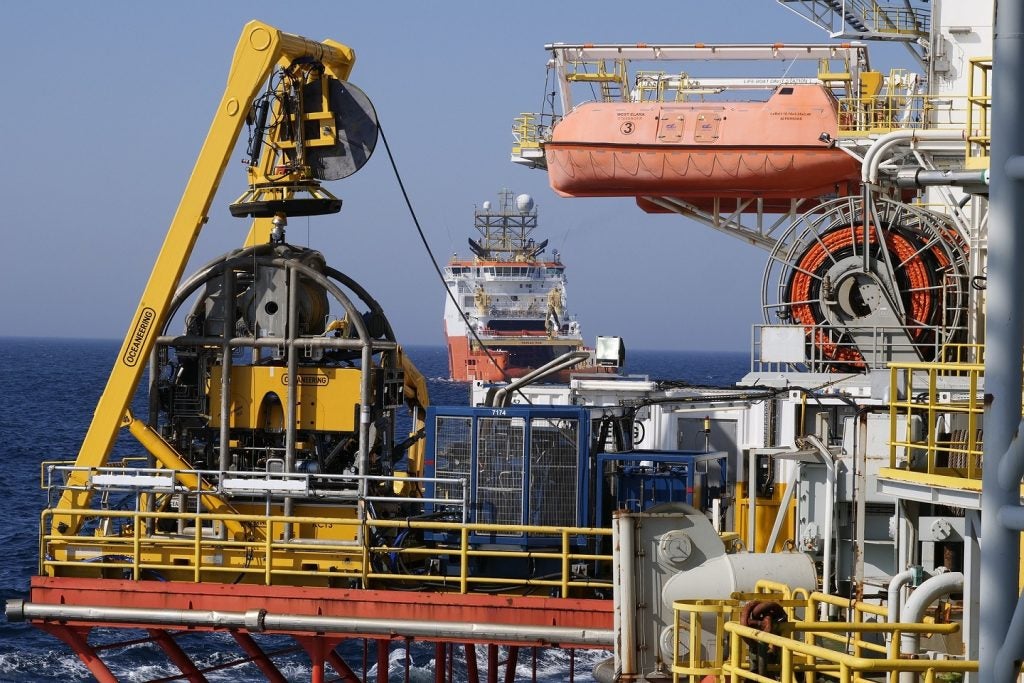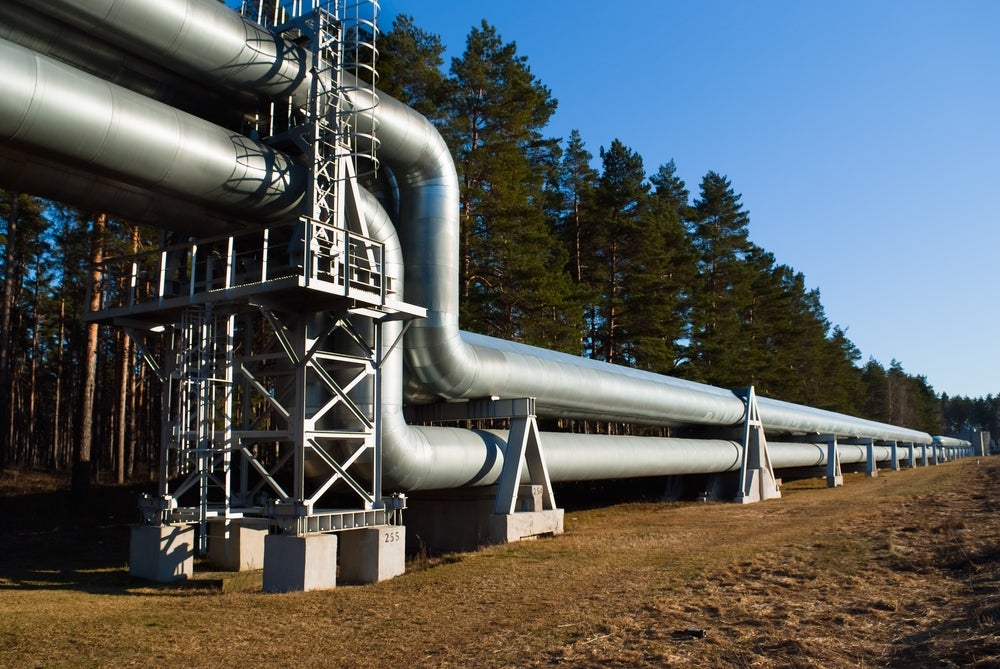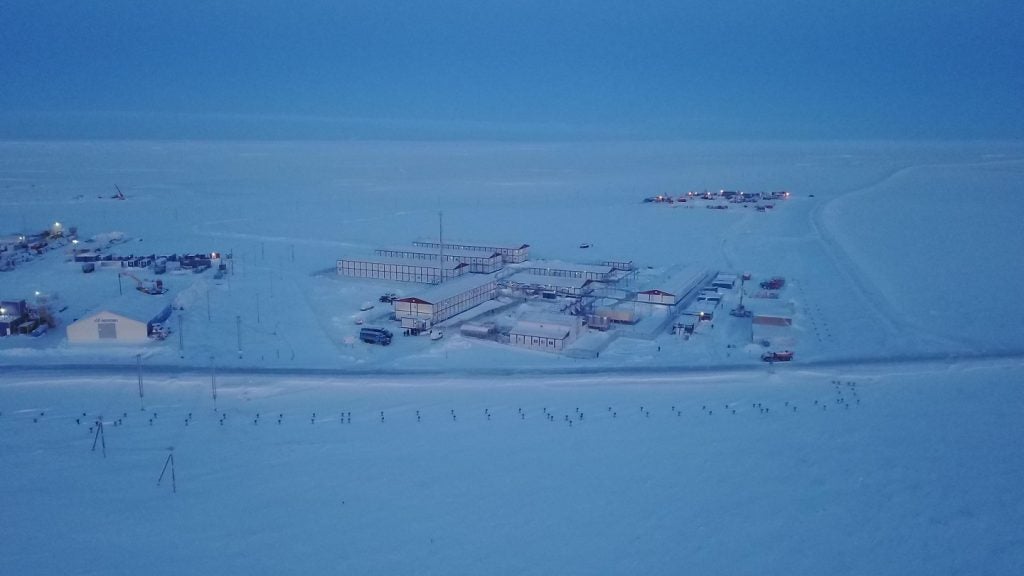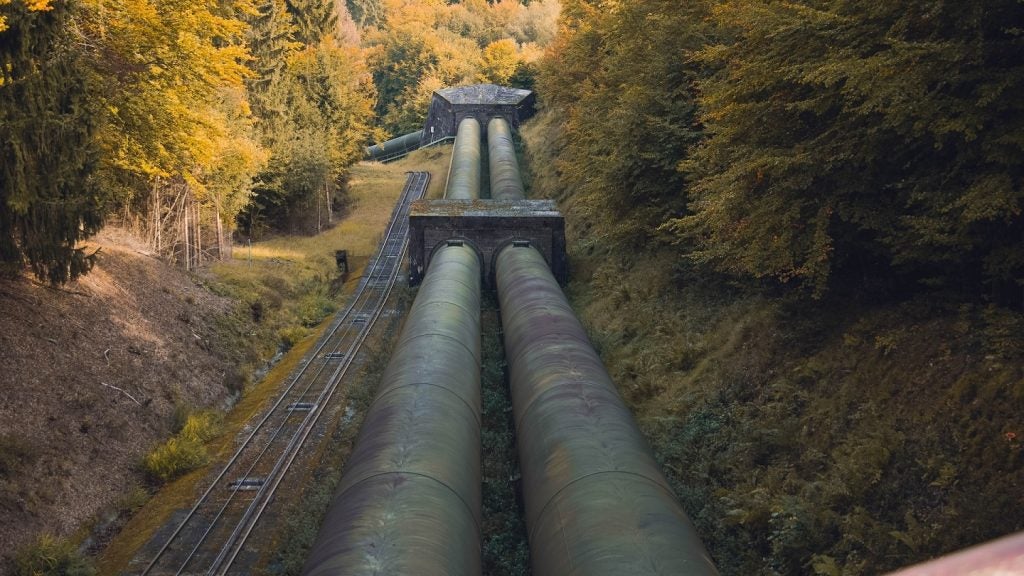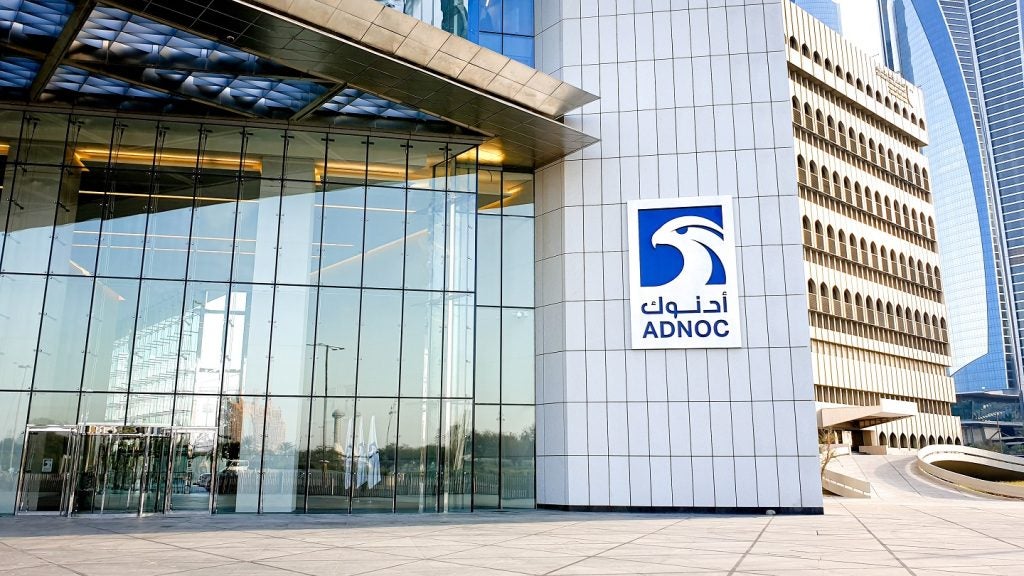Hungary’s gas supply strategy is dictated by infrastructure rather than politics or ideology, according to Hungarian Foreign Affairs Minister Peter Szijjarto. At a conference on Wednesday, he denied that the country is aligning more with Russia on gas matters as part of a political strategy.
He claimed the country’s gas procurement is constrained by existing infrastructure, saying “you can’t transport gas in a backpack” at the Romanian International Gas Conference 2023.
In October, Hungarian Prime Minister Viktor Orban told Russian President Vladimir Putin that Hungary has never wanted to oppose Russia and is trying to salvage bilateral contacts. As part of this, Hungary resisted EU sanctions on Russia; in September 2022, Orban said he could not agree to the EU’s eight rounds of sanctions as they included energy sanctions. Gazprom also said it would extend its supplies of gas to Hungary in the upcoming winter.
In his latest statement, Szijjarto blamed ideology for Europe’s energy supply problems. Hungary would like to import more natural gas from alternatives sources to Russia, such as Turkey, Azerbaijan and Qatar, but it cannot due to limited transport capacity in south-eastern Europe.
He said: “Brussels opposes expanding gas pipelines in the region, claiming natural gas will become obsolete in the future. We don’t agree. The Commission’s refusal to finance new gas pipelines affects both Hungary and Romania’s interests.”
In his response, Romanian Energy Minister Sebastien Burduja said: “Indeed, we must remove politics from energy, but we cannot remove geopolitics.” He claimed eastern Europeans must be more “assertive” when dealing with Brussels.
Ion Sterian, general manager of Transgaz, the Romanian state operator of the state’s natural gas transport system, said the region lacks necessary infrastructure as the European Commission rejected funding for Romanian pipeline construction projects from the EU Modernisation Fund.
The Modernisation Fund was created to support ten of the lowest-income countries in the EU with their transition to renewable energy generation.
Sterian also criticised Bulgaria’s decision to impose a tax on Russian gas saying that it could compromise the gas supply for Hungary and Serbia.
In June the European Parliament said it was concerned that Hungary might not “credibly fulfil” the tasks associated with the rotating presidency of the Council of the EU, which it is due to take over in late 2024.


